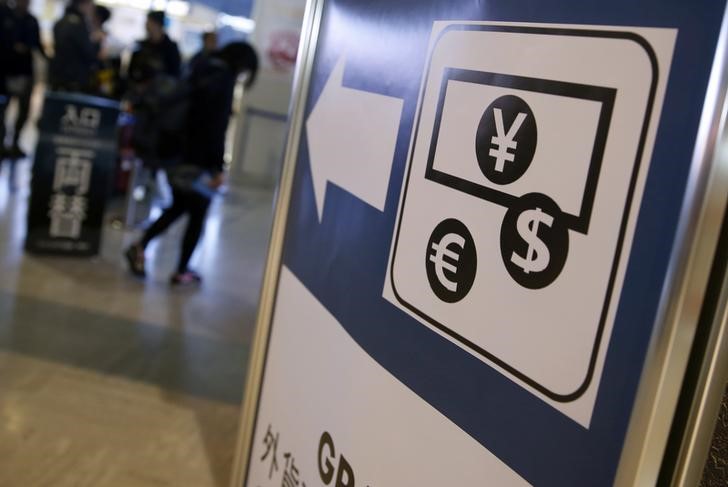Asian FX sets movement of currency pairs
2022.12.19 00:58
[ad_1]

Asian FX sets movement of currency pairs
Budrigannews.com – The Japanese yen gained on bets that the Bank of Japan (BoJ) might eventually tighten policy in response to rising inflationary pressures, while the fears of a potential recession and an increase in COVID-19 cases in China weighed on sentiment.
After a report suggested that the Japanese government plans to modify the Bank of Japan’s inflation target to make it more flexible, the climbed 0.4% to 136.18 against the dollar. This indicates a possible policy shift in the ultra-accommodative stance of the central bank, which has kept Japanese interest rates close to zero for nearly a decade.
As interest rates in the rest of the world increased, this accommodative stance had a significant impact on the yen, which in turn contributed to, which is currently at a 40-year high. The Japanese economy was battered by rising expansion this year, while the yen is among the most awful performing Asian monetary standards in 2022.
The on Tuesday is currently the focus. Any comments regarding a possible change in tone will be closely monitored, even though it is widely anticipated that the bank will maintain extremely low interest rates.
After Finance Minister Choo Kyung-ho stated that the country’s economic slump will reach its lowest point by mid-2023, the was the Asian currency that performed the best on Monday, rising 0.8% to 1,300.31 a dollar. While the east Asian nation was hit hard by shortcoming in significant exchanging accomplice China, the money priest’s remarks propose that a 2023 recuperation might be on the cards.
After reaching a 13-year low in October, the won was one of the best-performing Asian currencies in recent months.
After the indicated that it intends to continue raising interest rates in the near future last week, the greenback held steady against the majority of other Asian currencies.
The fell 0.1%, going under strain from strength in the and the after hawkish signs from their separate national banks.
However, investors’ fears of a recession as a result of persistently high inflation weighed heavily on sentiment due to the possibility of rising interest rates in the West.
A reopening of China’s economy was also a factor. Despite the fact that the nation has recently relaxed its stringent zero-COVID policy, it is also dealing with a significant rise in infections, which the market is concerned could put off a full reopening.
More Turkish Lira Deposit Program to be extended
Recent economic data revealed widening cracks in the nation’s economy, causing the to drop by 0.2 percent.








